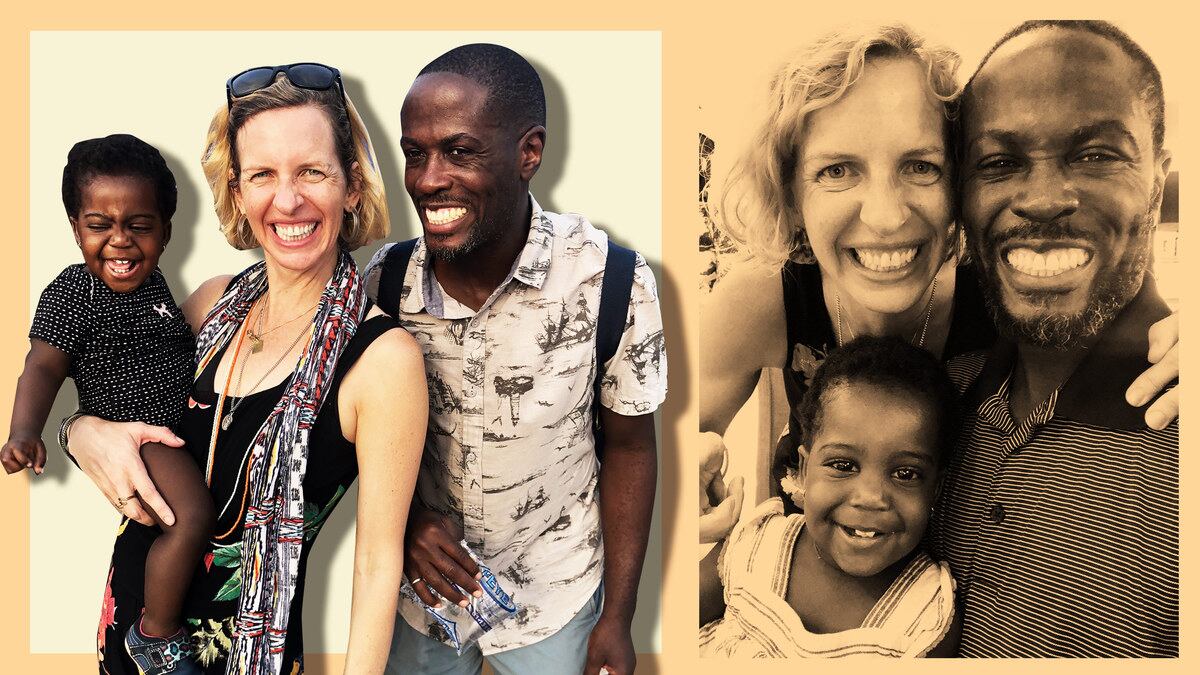Politics
Photo Illustration by The Daily Beast/Robin Alli Gallite
Trump Administration to Couple: Ditch Adopted Daughter or Risk Exile
FAMILY VALUES
Trump’s Muslim ban and the global spread of coronavirus have created harrowing circumstances for American families abroad.






